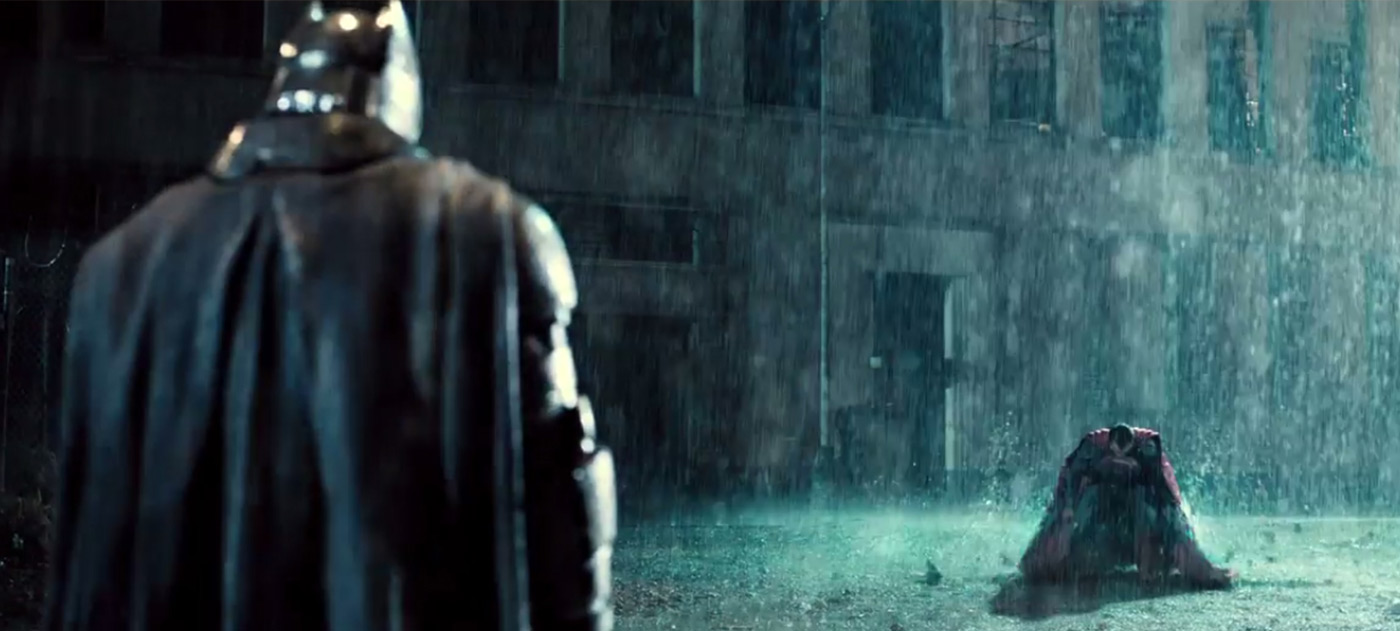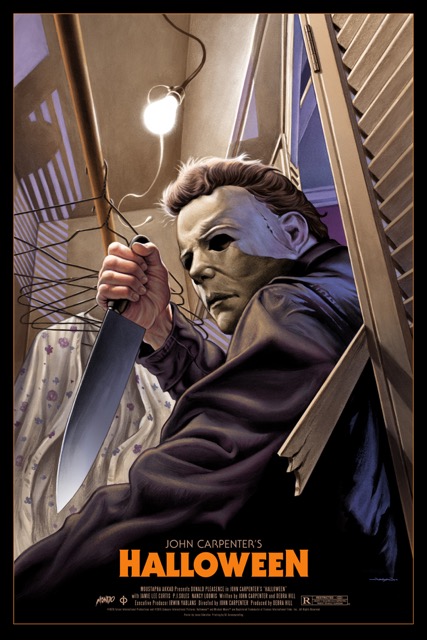We are living in a cinematic landscape of squeaky-clean, on-brand comic book franchises that tend to lean towards the conservative side of things in order to protect the image of the corporate brand. In the midst of all this carefully curated content, one major thing that we’ve been missing is a superhung superhero who is spectacularly good in bed at flaunting his muscular ass his profane attitude, corporate overlords be damned, one who pounds the bad guys as hard as he does the women he fu — what did you just say? Oh, you think I’m trying a bit too hard to shock you with my filthy sense of humour? Well, this is a review of Deadpool after all, and that’s kind of the whole point of the film.
OK, I shouldn’t make it sound like the dirty humour in Deadpool is a bad thing, because it’s not. It’s actually far and away the best thing the film has to offer. I’ve seen so many franchise films in which every beat is predictable and every word of dialogue is earnest and every hero behaves in an admirable way — and the result is usually so safe and sterile that it becomes clear the films are more about brand maintenance than about art. And while I wouldn’t go so far as to posit that Deadpool has art on its mind, I did find myself delighted by its relentless explicit sexual humour. The profanity is refreshing — and the film feels looser and more human as a result. It gives a sense of unexpectedness and danger, as though we’re operating outside of corporate control where anything can happen. And then there’s Ryan Reynolds, so charismatic and funny, who is able to take dirty jokes that might have just sounded crass coming out of a different actor’s mouth and make them sound extraordinarily sexy.
Beyond the filthy humour, however, Deadpool is pretty damn mediocre. The story — Reynolds’s Wade Wilson, afflicted with terminal cancer, is recruited by a mystery man who claims his company can cure him, but instead they torture him until his skin mutates and he develops superhuman healing powers; Wade, adopting the name Deadpool, then vows revenge — is completely unremarkable, as generic as a comic book origin story can get. The villains, too, are dull as hell. Ajax (Ed Skrein, The Transporter Refueled) is the mad scientist responsible for Wade’s torture and mutation, while Angel Dust (Gina Carano, Haywire) is his… assistant? bodyguard? — but neither has any personality whatsoever beyond simply being BAD-ASS AND PURE EVIL. Their motivations and interior lives remain unknown to the end; they’re never anything more than nefarious-but-beautiful ciphers, and I find it mighty hard to root for the good guy to defeat the bad guys when the bad guys are so deeply uninteresting.
Morena Baccarin, meanwhile, a very good actress who earned an Emmy nomination for Showtime’s Homeland and was radiant and intelligent in her breakthrough role on Joss Whedon’s Firefly, is very strong as Wade’s girlfriend Vanessa, but she too is trapped with an underwritten character. Despite being given lines that claim the contrary, such as when she punches Ajax in the face while saying, “I’ve played a lot of roles; damsel in distress ain’t one of them”, Baccarin’s Vanessa is nevertheless nothing more than that selfsame pretty woman who must be rescued. T.J. Miller (HBO’s Silicon Valley), at least, shines in his (also underdeveloped) comic relief role as Wade’s best friend.
Another thing that distinguishes Deadpool from other superhero movies is the heavily self-referential dialogue and fourth-wall-breaking by Reynolds’s Wade. And it doesn’t always work. The speaking-to-the-audience thing, I can deal with. It’s amusing, and much more playful than superhero movies are often allowed to be. But it’s the metacinematic dialogue that occasionally fails. Having Reynolds as Wade Wilson mention the actor Ryan Reynolds’s lack of acting talent is one thing, and the frequent jokes about how Deadpool only ever sees Colossus (Stefan Kapicic) and Negasonic Teenage Warhead (Brianna Hildebrand) when he visits Xavier’s school, due to the studio not being able to afford any other X-Men, are undeniably funny. But then there’s the time, after Deadpool kills multiple anonymous bad guys early in his search for Ajax, when Colossus insists that Wade go talk to Professor Xavier — and the latter asks, “McAvoy or Stewart? These timelines can get so confusing.” That line is something that just doesn’t land for me; there’s a limit to how much a film can acknowledge its inherent artificiality. If a film and its characters refuse to believe in the world they’ve created, the film’s viewers simply won’t either. To put it another way, how can the audience be expected to willingly suspend disbelief while watching a film when not even the film itself can?
Screenwriters Rhett Reese and Paul Wernick (Zombieland, G.I. Joe: Retaliation) are so eager to let loose with their filthy one-liners and winky-wink self-aware references that they forget that they’re actually supposed to be telling a compelling story about engaging characters. And first-time director Tim Miller is no better — his action scenes are underwhelming at best and, in the case of the climactic battle set on the edge of an abandoned ship, rather cheap-looking. Ultimately, the success of Deadpool rests entirely on the entertaining movie-star performance by Ryan Reynolds, who delivers his lines so winningly that you’re convinced for a while that what you’ve just watched is a quality film. It’s only later, once you get home and take a moment to think, that reality sets in — subtract Reynolds and Deadpool is merely a lazily assembled film that struggles to rise above its mundanity. But damn is Reynolds convincing for a while.










Fantastic Four
Fantastic Four